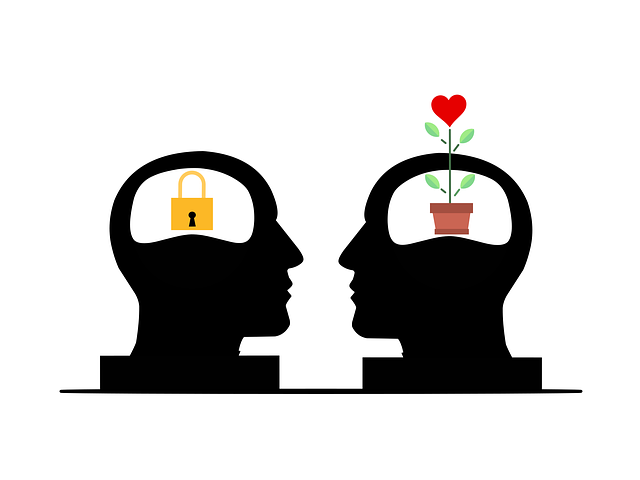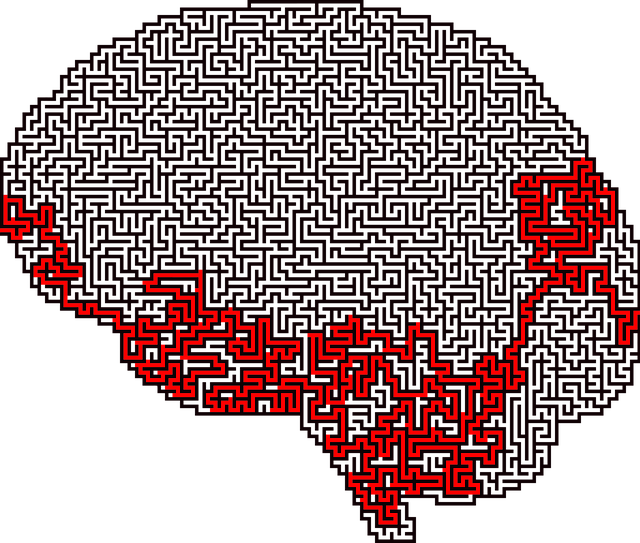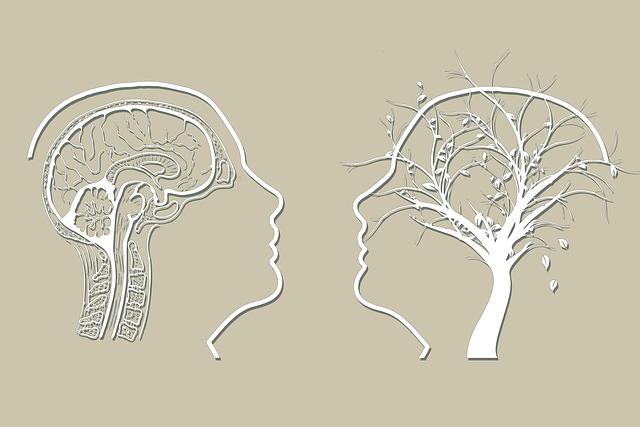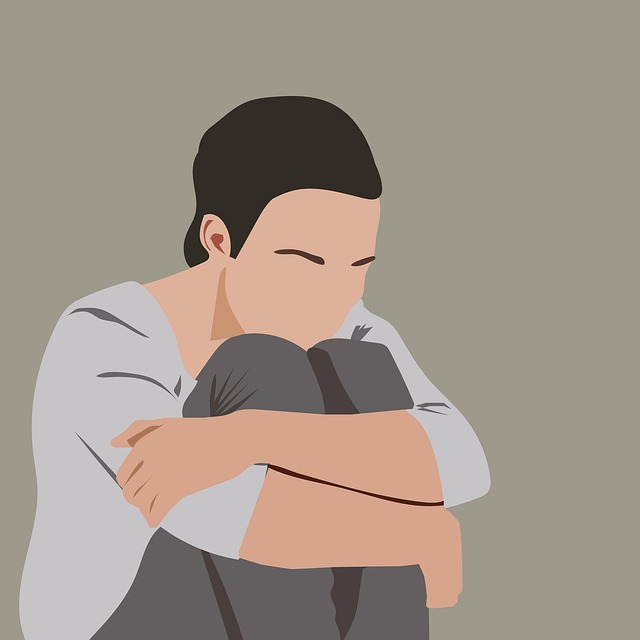Mental wellness assessment tools, incorporating aspects from programs like Lone Tree Anger Management Therapy, are vital for self-exploration and growth. These tools help individuals track thoughts, feelings, and behaviors, identifying strengths and areas needing improvement, such as anger management. By promoting self-awareness and providing personalized coping strategies, they enhance mental well-being and prevent destructive behaviors. Effective assessments should offer immediate feedback, tailored guidance, and access to services like Lone Tree Anger Management Therapy for a comprehensive and empowering mental wellness journey.
- Understanding Mental Wellness and Self-Assessment: Setting the Foundation for Effective Tools Development
- Identifying Key Areas of Focus: Anger Management as a Case Study
- Designing Comprehensive Self-Assessment Tools for Mental Health
- Integrating Feedback Mechanisms and Personalized Support Strategies within Assessment Platforms
Understanding Mental Wellness and Self-Assessment: Setting the Foundation for Effective Tools Development

Mental wellness is a holistic concept encompassing various aspects of an individual’s emotional, psychological, and social well-being. Understanding this intricate landscape is paramount when developing self-assessment tools designed to promote mental health. These tools serve as gateways for individuals to gain profound insights into their thoughts, feelings, and behaviors, fostering self-awareness and empowering them to take charge of their mental wellness journey.
Self-assessment plays a pivotal role in identifying areas of improvement and strength, such as enhancing inner strength development and cultivating a robust self-care routine for better mental health. By encouraging individuals to introspect, these assessments can pinpoint specific issues, including anger management challenges, which might require professional intervention like Lone Tree Anger Management Therapy. Moreover, they contribute to self-esteem improvement by validating personal experiences and progress, ultimately nurturing a positive psychological state.
Identifying Key Areas of Focus: Anger Management as a Case Study

In developing mental wellness self-assessment tools, identifying key areas of focus is a critical step. One such area that deserves significant attention is anger management, given its profound impact on overall mental wellness. Anger, when left unaddressed, can lead to destructive behaviors and detrimental effects on both personal relationships and general well-being. The interconnection between anger and other mental health issues, such as anxiety relief and inner strength development, cannot be overlooked.
Lone Tree Anger Management Therapy, for instance, focuses on helping individuals recognize triggers, understand their emotional responses, and develop healthy coping mechanisms. By incorporating techniques that foster self-awareness and stress reduction, these therapies aim to empower people to manage anger constructively. This case study highlights the importance of targeting specific aspects like anger management within broader mental wellness frameworks, ultimately contributing to more holistic and effective self-assessment tools.
Designing Comprehensive Self-Assessment Tools for Mental Health

Designing comprehensive self-assessment tools for mental health involves a meticulous process that caters to diverse individual needs. These tools, akin to Lone Tree Anger Management Therapy sessions, aim to provide users with insights into their emotional and psychological states. They should go beyond simple mood tracking by integrating various aspects of mental wellness, including stress levels, anxiety management techniques, and emotional resilience. Incorporating features from Risk Management Planning for Mental Health Professionals’ best practices ensures these tools can identify potential triggers and provide proactive solutions.
Moreover, effective self-assessment platforms can offer tailored guidance based on user input, much like Stress Management Workshops Organization programs. This could include suggested journaling exercises from Mental Wellness Journaling Exercise Guidance to help individuals process their thoughts and feelings. By combining technological sophistication with evidence-based practices, these tools have the potential to revolutionize mental health management, empowering users to actively participate in their wellness journeys.
Integrating Feedback Mechanisms and Personalized Support Strategies within Assessment Platforms

Effective mental wellness self-assessment tools should incorporate feedback mechanisms that provide users with actionable insights and personalized support strategies. This two-pronged approach allows for a more tailored and beneficial evaluation process. After completing an assessment, users can receive immediate feedback highlighting their strengths and areas of concern, fostering self-awareness exercises that promote personal growth.
Additionally, integration of trauma support services and mindfulness meditation resources within the platform ensures users have access to coping mechanisms and self-care strategies. For instance, a feature offering Lone Tree Anger Management Therapy could be included, providing targeted interventions for those struggling with anger-related issues. This holistic approach enhances the overall user experience, empowering individuals to take control of their mental wellness journey.
The development of mental wellness self-assessment tools is a crucial step towards empowering individuals to take charge of their emotional well-being. By understanding key areas like anger management, as illustrated by Lone Tree Anger Management Therapy, we can create comprehensive platforms that offer personalized support. Integrating feedback mechanisms ensures these tools adapt and enhance their effectiveness over time, fostering a more supportive digital landscape for mental health awareness and care.














